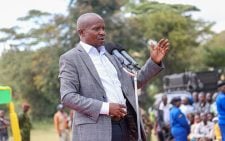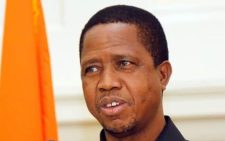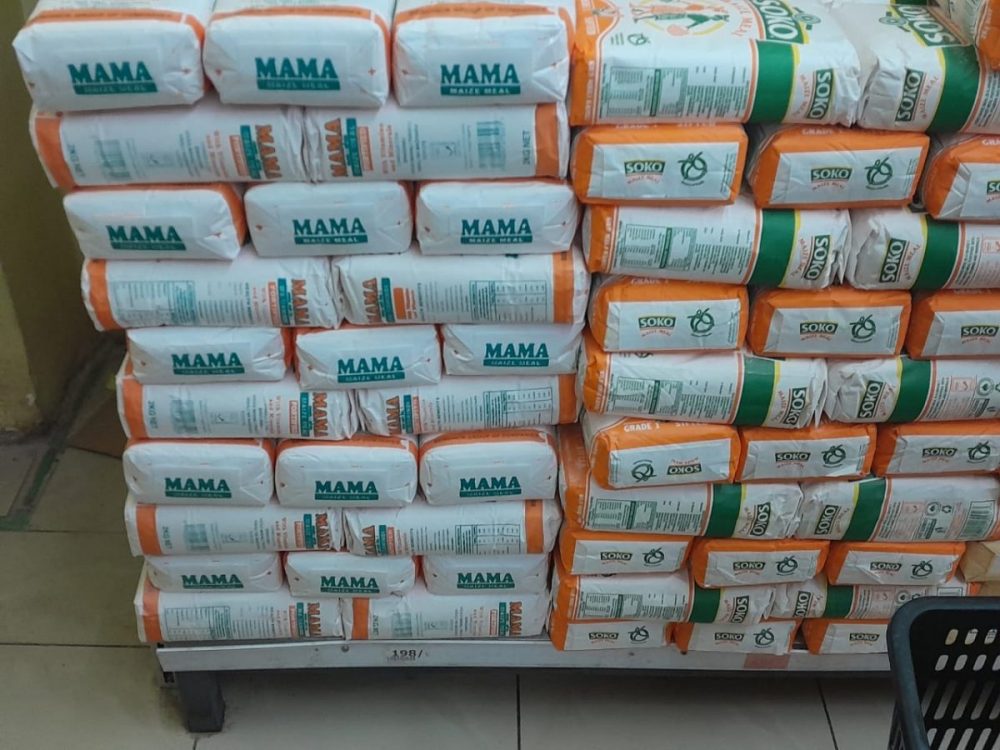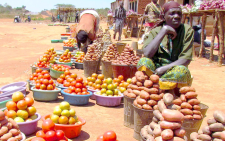Could Kenya be playing Russian Roulette in IMF deal?
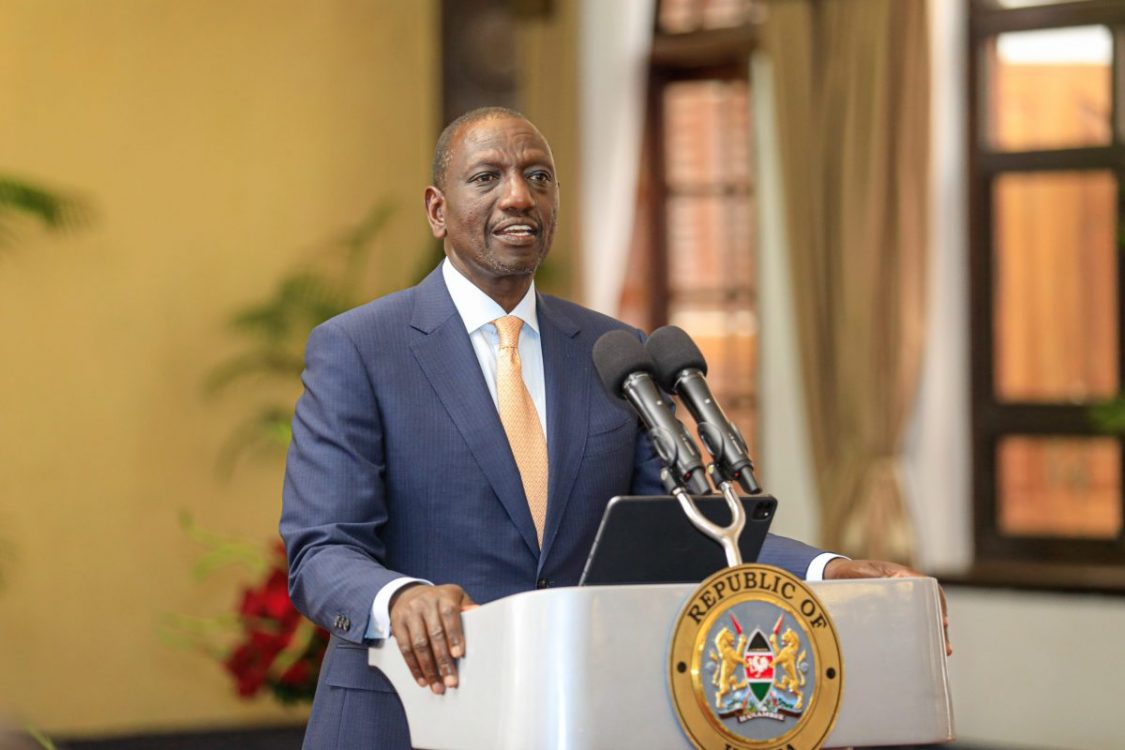
Early this year after the International Monetary Fund (IMF) approved a $1 billion debt to Kenya, it was made clear that it was a reward to the government for implementing new tax measures as advised by the Fund, but this turned out to be a bitter pill for the common man.
The IMF has since backed all the government’s new controversial taxes, despite having worsened the raging cost of living, hitting the poor harder.
According to the Bretton Woods institution, the new taxes are essential to help the Kenya Kwanza government mobilise resources to prop up our battered economy.
They justify the new loans, that come amid a tight tax regime, saying this will restore fiscal balance and reduce reliance on external debt. However, what is worrying is that more than half of the projected revenues will now go to offset Kenya’s debt and not development.
Clearly, this means priority in the appetite for loans will not be to support economic growth, but mere austerity reforms where taxpayers’ money will be channelled back to these international lenders, with little left to spur growth.
Could Kenya be playing Russian Roulette in its quest for debt relief? Questions abound whether this is likely to help Kenya escape the debt trap, or is it just a trap for the next round of loans, that may sink the ship deeper into troubled waters.
As the country grapples with economic recovery, therefore, a critical examination of our relationship with these international financial institutions is important, particularly how their policies impact domestic economic conditions.
History bears witness to the detrimental effects of structural adjustment programs (SAPs) implemented in Kenya during the 1980s, while aimed at addressing economic woes, they left a lasting and detrimental impact on the economy.
As the country stood at a crossroads, the leadership sought external aid amid shifting global economic trends, and IMF and World Bank seemed the guardian angels.
However, the help came with the adoption of SAPs as a prerequisite, and that is why the rain started beating us. The current IMF-backed austerity measures, with their emphasis on high taxes, echo the detrimental impacts of past SAPs.
Just like the new IMF calls, State-owned enterprises were slated for privatisation, and market forces were unleashed to steer Kenya into what was considered greater efficiency. While macroeconomic indicators stabilised and foreign investment grew, the flip side of the coin exacted a heavy toll.
While privatisation helped to attract foreign investment, it left many youths unemployed, giving rise to social unrest. Cuts in social spending compromised basic services like education and healthcare, disproportionately affecting the vulnerable.
Clearly, the adverse impact of IMF’s austerity measures, specifically the imposition of high taxes, on the citizens and businesses, is a key concern. While the government’s decision to tap the Bretton Woods institutions cannot be reversed, we must strike a balance between addressing economic challenges and safeguarding the well-being of the population.
This is to say that any major economic reforms pushed by these lenders must prioritise inclusivity, sustainability, and social development.
As Kenya stands again on the precipice of getting a new round of financial support from Bretton Woods institutions, lessons of the past loom large. Treasury mandarins and economic advisors must listen to the echoes of history.
The story of SAPs must serve as a cautionary tale, and the leaders must remember this so as to shape our destiny with wisdom, and a commitment for inclusive development.
To this end, it is important for Kenya to tread more carefully, ensuring that the ongoing economic recovery is not achieved at the expense of its people’s well-being and economic sovereignty.
— The writer is the Business Editor, People Daily




